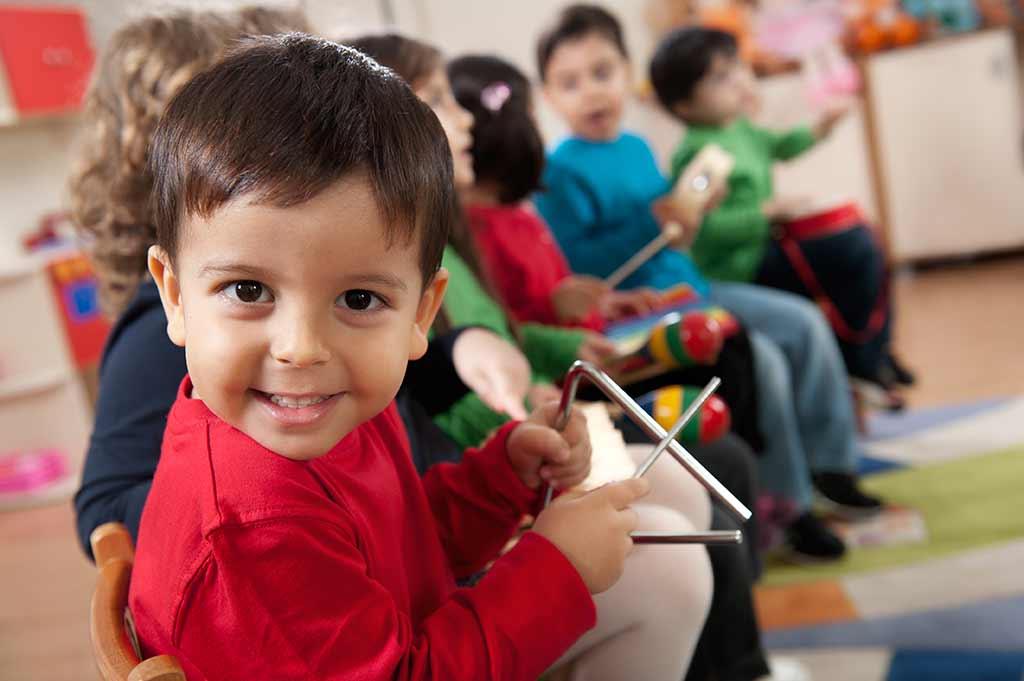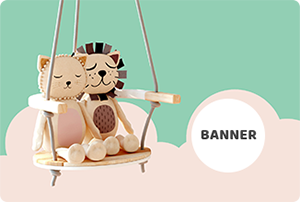Social Skills Don’t Always Come Easy
As I drive down my street, I see the four boys I often see around the neighborhood playing together. I wonder if some are related or just friends who live near each other. Sometimes they are all crouching down together to investigate something on the sidewalk while other times, they are walking together towards a new adventure. Today, it was a lemonade stand. They were just getting set up as I neared the corner of the busy cross street. I pull over and all four are full of smiles and greetings. As I waited for my cup of lemonade, I suggested they move to the opposite side of the street, where cars could pull over more safely. “Oh yeah”, “good idea”, “ok”.. they all chimed in while using good eye contact and social graces. This simple interaction with them was all it took to remind me that what comes so easy and natural for many children is something that takes intervention, modeling, and coaching for others to achieve. Social skills don’t always come easy! There are many ways to help children who struggle with social skills. Here are 5 simple ways you can help your child to develop and strengthen their social skills:
- Model appropriate social behavior for them!
Sound’s simple, but it’s not always easy to follow ourselves! Be aware of the behavior you want them to achieve and find ways to model it for them.
- Read books that have a social message
- My Friend Is Sad by Mo Willems
- The Feelings Book by Todd Parr
- Teach Your Dragon to Make Friends by Steve Herman
- How Do Dinosaurs Say I’M MAD! by Jane Yole
- The Way I Feel by Janan Caub
- My Mouth Is a Volcano! by Julia Cook
- Do Unto Otters by Laurie Kelle
- Set up play dates with peers
Facilitate the play date by providing support and modeling appropriate behavior when necessary. This way, your child can use social greetings, take turns, take conversational turns, join in play and respond to other children.
- Teach your child to use the appropriate emotional words to describe how they feel such as “I’m mad!” or “I feel sad”.
- Teach your child appropriates ways to get someone’s attention. Role play both expected and unexpected behaviors with them so your child has a chance to practice appropriate behavior and to recognize inappropriate behavior as well.



Leave a Reply